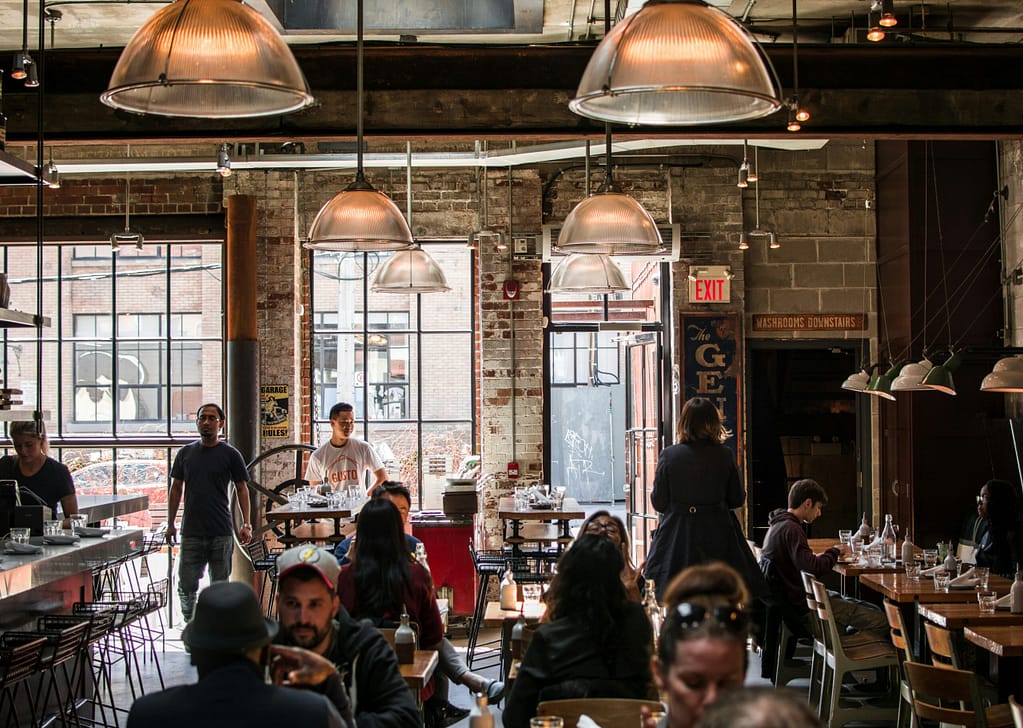
In recent years, there has been a noticeable shift in attitudes towards alcohol consumption, with data showing that around 20% of the population is no longer drinking, and the number of units drank decreased by almost 10% in the last ten years according to Alcohol Change UK. This cultural shift has been fuelled by different reasons, from increased consumer interest in health and fitness to the rising price of alcohol due to the cost-of-living crisis.
The impact on the industry is huge and poses the question: How are businesses and venues adapting?
Studies show that Generation Z, which accounts for people born between 1997 and 2012, have turned to sober socialising instead of alcohol-fuelled nights out for several reasons, with 41% of Gen Z associating alcohol with vulnerability, anxiety and abuse. Activities such as hiking, bowling, and camping are on the rise, as well as meet-ups in coffee shops. Not only is this reducing alcohol intake, but it also allows people to explore new hobbies and share different experiences with their friends and family. It is also suggested that there is an increased sense of inclusivity during sober events, as it allows everyone to feel comfortable no matter their relationship with alcohol.
As consumers are becoming more informed of the negative effects of alcohol, as well as the improvements in the taste of non-alcoholic drinks, younger generations are becoming sober curious, questioning their relationship with alcohol and feeling less pressure to drink.
The move towards sober socialising is supporting specific businesses such as independent shops, coffee shops, and restaurants, as they see a rise in profit. While companies that are synonymous with alcohol are bringing out alcohol-free alternatives to cater to this audience, such as Guinness 0.0.
Venues across the country are being affected by this cultural change in alcohol consumption. Consumers are still keen to be immersed in the atmosphere of pubs, bars and restaurants, however, their aim of the evening has shifted slightly – away from being centred around drinking to spending sober time with loved ones.
Stadiums and gig venues have also adapted, by offering mocktails and low to non-alcoholic beers alongside their alcohol counterparts, which was less heard of five to ten years ago.
It is not only Generation Z, which is making this change, data suggests that cafes have become the millennials’ socialising spots, with people in their 20’s visiting far more frequently than other demographics.
Venues have also adjusted by hosting sober events and alcohol-free zones or upped the mocktails and non-alcoholic offerings, such as SipSin in Liverpool, a new venue that promotes sober socialising in a bar-like environment with a wide variety of low and no options.
Further to this, the rise in competitive socialising venues such as Roxy Ballroom, allows for a positive, competitive atmosphere for socialising, while also offering a wide variety of food and drinks to cater for those who want an alcoholic drink and those who don’t.
Despite the closing of over 7,000 pubs in the last 10 years, establishments adapting to trends are staying open during these turbulent times, highlighting the importance of knowing and listening to your audience.
Are you a pub owner who has witnessed this social shift? Or perhaps you’re a Generation Z, who is onto sober socialising? If so, we would love to hear from you on X and Instagram.
